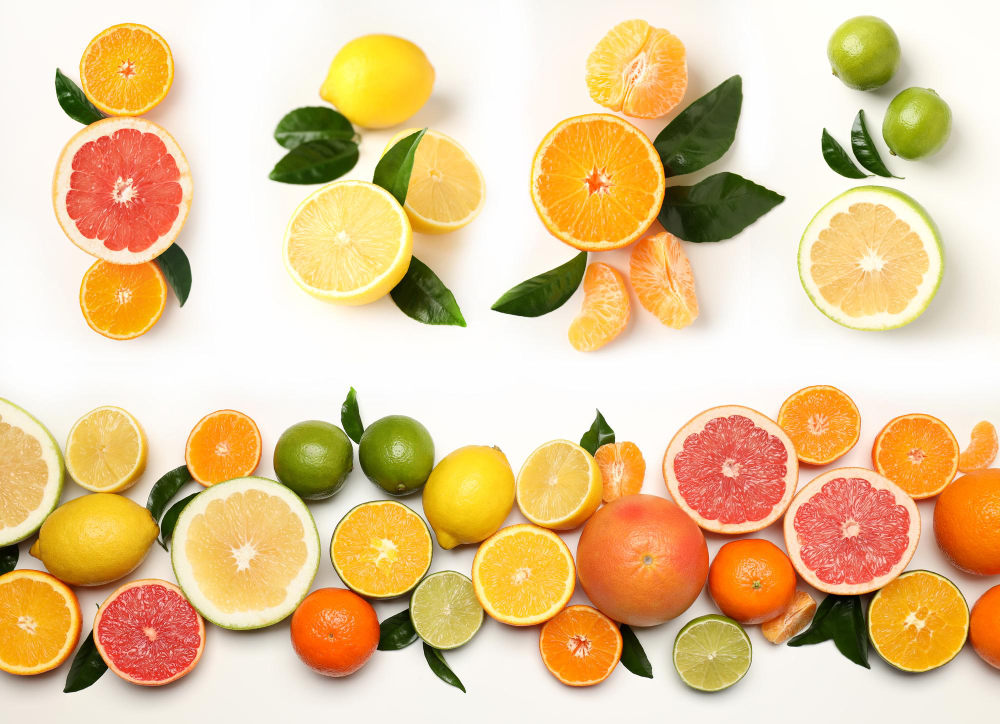Feeding fruits and vegetables always has their customers, the pets’ owners, at crossroads on whether sharing is necessary. Such a debate has been as controversial as one of the most convincing and unconvincing topics in pet nutrition – feeding dogs on citrus fruit such as oranges, lemons, tangerines, and even grapefruits if they ever lay hands on them. While humans know to look forward for the high content of vitamin C and health benefits transportation, for ingestion of one of these fruits’ effects upon dogs and cats are not expected to be so simple. And then so much controversy and misleading information on safety and appropriateness of citrus fruits to pets.
This article is venturing into that controversial path trying to give thoughtful insights to pet owners. It is an analysis of the major issues surrounding feeding of citrus fruits in dogs and cats taking into considerations their need in nutrition besides looking at their health implications. We will explore the possibility of adding the fruits in the diets of pets, what the animals could benefit from the fruits and the carefulness that should be observed. This writing will attempt to provide some clarity by looking at the distinct qualities of a number of citrus fruits, and comparing them together with a dog or cat’s dietary needs as well as limitations, in order that an owner can be more informed with respect to nutritional health.
Understanding Citrus Fruits: Nutritional Composition and Benefits
Among citrus fruits that portray a unique taste and refreshing acidity known worldwide include oranges, lemons, limes, grapefruits, and tangerines. These fruits present mouth-licking taste besides coming with high nutritional value. They to have diverse essential nutrients in great proportions with Vitamin C being the most important nutrient linked to immunity.
Citrus fruits are also a great source of Vitamin A, folate, and potassium. They have antioxidants packed in them that help fighting chronic diseases by reducing oxidation stress. Similarly, this is facilitated by high organic acids content like citric and ascorbic acid which gives it an acidic nature with pH value ranging between 2.0-4.0.
Citrus Fruits in Canine and Feline Diets
Of the many long-standing arguments amongst pet owners is the ability for their dogs and cats to consume citrus fruits. This argument revolves around the acidity that was, at once point, believed to corrode the gastrointestinal systems of one’s beloved family pets. However, dogs and cats have highly acidic stomachs that range from 1.5 to 2.5 stomach pH for dogs, and cats from 1 to 2 even more acidic like some citrus fruits such as lemons, but this does not mean they will not react with digestion in human stomachs. This means that any acidity from citrus fruits is absorbed by healthy dogs and cats in a natural way.
Possible Benefits to Pets
- Vitamin C: This useful antioxidant for collagen production is good for the skin, connective tissues, cartilage, and bones. In fact, it does wonders for dogs such as those having joint difficulties. It also enhances the absorption of iron into the blood and boosts immunity. A body that is deficient in vitamin C may exhibit several other health conditions, among them being loss of energy, weakness in the muscles, poor-quality skin, and weak defense mechanisms.
- Fibers: Citrus fruits are known sources of soluble dietary fibers as well as insoluble dietary fibers that ensure almost perfect digestive environments coupled with regular bowel movements.
- Potassium: A critical mineral that maintains muscle function, blood pressure regularity and proper kidney working.
- Folate (Folic Acid): A vitamin needed for red blood cells form and activity of the nervous system.
- Antioxidants: Contain citrus fruits as sources of sources of antioxidants found in carotenoids and flavonoids to protect cells from free radicals.
- Citric Acid: It gives tartness as well as antioxidant also possibly prevent the formation of kidney stones.
Administration and Precaution
The administration of this meal to pets has to be cautiously done, starting with small servings to observe the effect. Dogs, in general, will be more open to new foods than cats, where many may never accept a dietary change to citrus fruits as an adult. Appropriate citrus fruits for pets are oranges, tangerines, lemons and grapefruits. It’s noteworthy that some fruits are toxic to pets not because they are the citrus, rather other harmful compounds they harbor, such as grapes.
This means that citrus family fruits should generally supplement the diet, rather than form an outright part of it. In giving the pets these fruits, moderation is essential. Adding various kinds of fruits and vegetables including the type considered citrus improves their health. However, every pet differs from others, and what works for one may not work with another. Care should be taken considering the special dietary needs and conditions held by his or her pets to carefully introduce new food in the diet plan.
Special Medical Considerations: Gastrointestinal Issues
When including citrus fruits in the diet plan of any pet that suffers from gastrointestinal issues, this should never be done casually. Fruits high in citric acid can exacerbate the symptoms in pets with digestive ailments like gastritis and acid reflux because of large quantities of this acidic compound. Acidity problems in the tummy are reflected by generalized gastric signs like puking, diarrhea, and abdominal cramps. Therefore, it’s highly inadvisable to offer citrus fruits as snacks to pets suffering from such conditions.
Natural snacks that are less hard and with easy digestion will be more appropriate for pets having gastrointestinal problems. Greens and vegetables should be the other alternative as they will not be abrasive to the malfunctioning or worsen a pre-existing problem in the digestive tract.
Owners should consult veterinarians or animal nutritionists specializing in canine and feline diets. These professionals may provide guidance, such as the types of diets to consider feeding a dog with various clinical conditions or individualized recommendations that take into consideration the specific dietary needs of that animal for its clinical situation. Such advice is critical in selection of the foods that are complementary to the pets’ health needs and contribute to its ultimate growth and general wellbeing.
In essence, while citrus fruits may be an ideal snack for most pets, there are pets with highly sensitive stomachs that need a more tailored dietary approach. Consulting with the experts in animal health and going for the soft and easily digestible snacks will help in managing through these pets’ gastrointestinal health by ensuring they are fed with an appropriate diet.
Conclusion
In conclusion, citrus fruits may be delicious and healthy additions to the diets of the healthy dogs and cats as long as they are used along with moderation and within a diet that is balanced. These fruits are full of vitamins, antioxidants, fibers and other important nutrients apart from low-calorie content and can prove very beneficial for pet health. But citrus fruits might not be the wisest choice for pets having certain health issues, especially gastrointestinal disorders. Their inclusion in a pet’s diet should be undertaken with caution and under professional guidance. Owners of pets should always consider each individual health and dietary need for their pets, trying to give a properly balanced diet helping ensure their pets get all the nutrition they need for good overall health and wellbeing.

